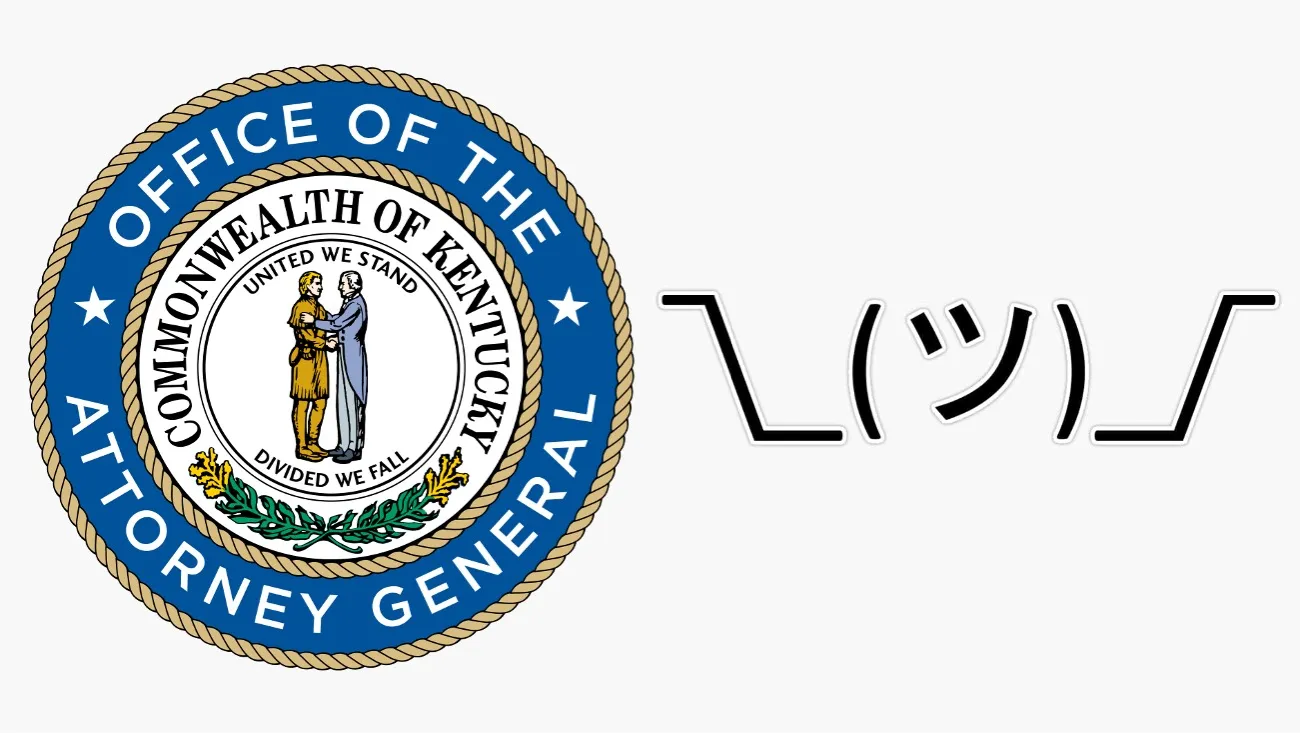As part of a larger anti-abortion bill, some Kentucky lawmakers are working to make mail-order abortion medication illegal in Kentucky, even as a new federal rule permanently allows the practice.
The rule allows patients to receive medication by mail after a telemedicine appointment, instead of requiring an in-person visit, as was required before the pandemic hit. The Food and Drug Administration lifted that requirement by a temporary rule during the pandemic, and has now made the rule permanent.
An abortion by medication involves taking two drugs, misoprostol and mifepristone, and can be done up to the 10th week of pregnancy. Misoprostol, which causes contractions to empty the uterus, has long been available with a prescription. Mifepristone blocks progesterone, a hormone necessary for a pregnancy to develop. The new rule allows it to be mail-ordered after a telehealth visit.
About half of the 4,104 abortions performed in Kentucky in 2020 were medication abortions, according to the state Annual Abortion Report for 2020, the most recent available.
The new rule will have little impact in Kentucky because the state already has laws in place that require a patient to see a health-care provider in person to obtain such medicine.
Even so, a group of state legislators, led by Republican Rep. Nancy Tate of Brandenburg, are working on a bill that, among other things, would ban mail order of the abortion medication in Kentucky.
The "Humanity in HealthCare Act 2022" was referred to as a "pro-life omnibus bill" at the October meeting of the Veterans, Military Affairs, and Public Protection Committee. It was presented in detail but has not yet been filed.
Other parts of the bill would strengthen parental-consent requirements; call for individual cremation of aborted fetuses, not to be treated as medical waste; update the reporting requirements for pregnancy-termination statistics, ban tax dollars from being used for abortions; and let medical providers refuse to do procedures that "violate their conscience."
At the Dec. 15 meeting of the Joint Committee on Health, Welfare, and Family Services, Kentucky Right to Life Association Executive Director Addia Wuchner, obstetrician-gynecologist Ingrid Skop, and Tate said taking these drugs without a doctor's supervision is dangerous for the patient.
Dr. La-Tisha Frazier, an ob-gyn resident, disagreed, telling lawmakers, "We know without a doubt that medication abortion is a safe, effective option that gives patients more control over their own health care. For many patients, using medications to end a pregnancy is safer and medically preferable."
Tate told the health committee that the bill will not include exemptions for rape or incest. "From my perspective, it would be heinous for us who actually kill that child because of a crime," she said. "What I would like to see is where if it is rape or incest, where those individuals are incarcerated."
Working with Tate are Reps. Danny Bentley of Russell, Melinda Gibbons Prunty of Belton, and Lynn Bechler of Marion, and Sens. Stephen Meredith of Leitchfield and Robby Mills of Henderson, all Republicans.
The federal decision to allow mail delivery for the abortion pill comes as the Supreme Court considers abortion cases that could overturn Roe v. Wade, the landmark 1973 decision that established a constitutional right to abortion.
If it were overturned, decisions about abortion rights would shift to individual states, and Kentucky has already passed a "trigger law" to outlaw abortion if that happens.
Click here for more information from the FDA about mifepristone. Click here for the Humanity in HealthCare Act slide presentation from the joint health committee meeting.
--30--
Written by Melissa Patrick. Cross-posted from Kentucky Health News.







